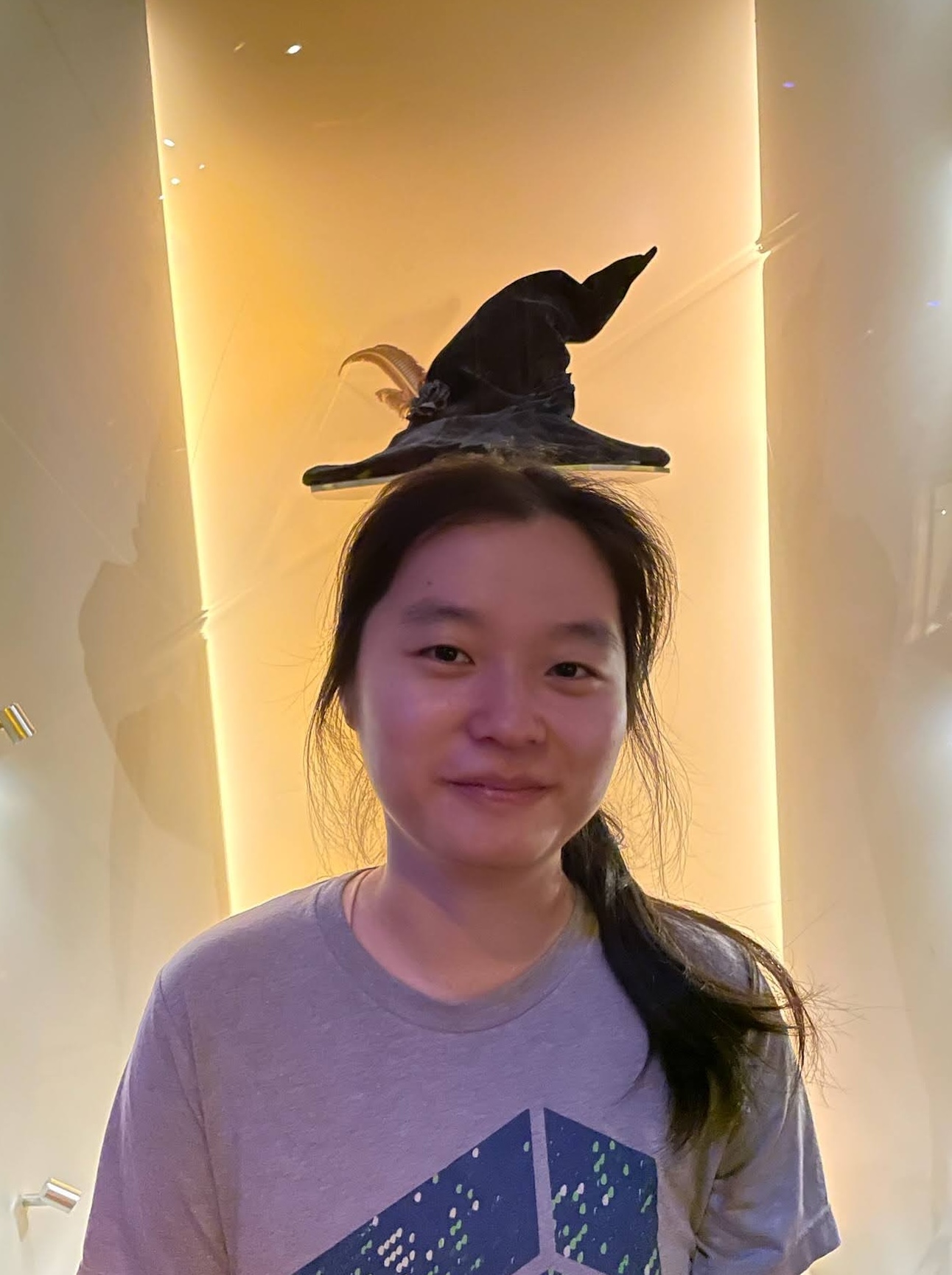A Retro on Retro
As I wrap up my first PhD project on retrospection, time has come for a first year retro.
This covers things happened between October 30, 2023 and November 17, 2024. In 2023, I moved from Toronto, ON, to Ithaca, NY, then Palo Alto, CA, and finally settling down in NYC, NY in January 2024. So far I do not regret the decision to quit and move.
Highlights
- Wrapped up months of human-model live deployment on MTurk.
- Completed the first draft 2 weeks ahead.
- Faster at writing. It now takes only one weekend to draft a 2 page proposal.
- Improved engineering skills. Things often turned out way easier than I imagined.
- Occasional dopamine rush from random ideas and a delusion of absolute research freedom.
- Reached the top of Koko Crater Arch Trail in Honolulu.
- Wore the Sorting Hat in Museum of Pop Culture in Seattle.
Lowlights
- Dealt with two annoying MTurk workers.
- More comfortable with (silent) rejections. This is perhaps a highlight.
- Communication failure that led to a good amount of stress.
- Social energy drained in too many occasions, e.g., COLM 2024, NLP retreat, student lunches.
- Did not manage to use all of the TPUs.
Gradients
Should-haves
- Asked for reference letters weeks in advance, not last minute.
- Taken advice from those more experienced with reviewers and ACs.
On research (They are subjective and need more gradient updates of less bias.)
- Academia is more stochastic on a micro level (advice and reviews for specific projects), but way more predictable as collective groups (research paradigm and popular benchmarks follows 80/20 rules).
- I tend to give the higher scores among all reviewers.
- More words than I thought are devoted to drawing, clarifying, and justifying the scope. The trick of many papers is “just” moving around the conceptual or implementation interface across components.
- Communication and writing are more important than I thought. Good writing is audience-aware and information dense.
- Ease-of-use is more important over other virtuous bits than I thought, i.e., pip-installable, tweet-able gifs, catchy titles, first-to-market, extensibility.
- The benchmark methodology is more pervasive than I thought.
- An average ML reviewer
- puts in less attention than I thought.
- wants a method diagram, a table, a plot going up. The more benchmark/method names they are familiar with (regardless of relevance), the better.
- has a broader definition of comparable scope than the authors (which could be a good thing in retrospect).
- assumes they understand a paper more than they actually does.
What’s next
I think about
- Latent/fluid abstraction synthesis without programs.
- Cooperative learning that seeks to build a common ground.
- What good research is, what valuable research is, and what kind of research I prefer.
- Is everything, even abstract concepts, a remix of a careful selection of everything else? If yes, then the argument against AI for inability to create doesn’t hold.
I want to learn about
- ML theory: learning theory, RL theory, …
- Humanity in general: psychology, sociology, economics, history, …
I want to practice
- Being aware of task rationale, i.e., why am I doing this, and task execution, i.e., what do I need right now.
- Being aware of ego, mine or others.
- Active listening and be kind(er).

Written on November 16, 2024